sustainable winegrowing
practices can be hard...
have to be.
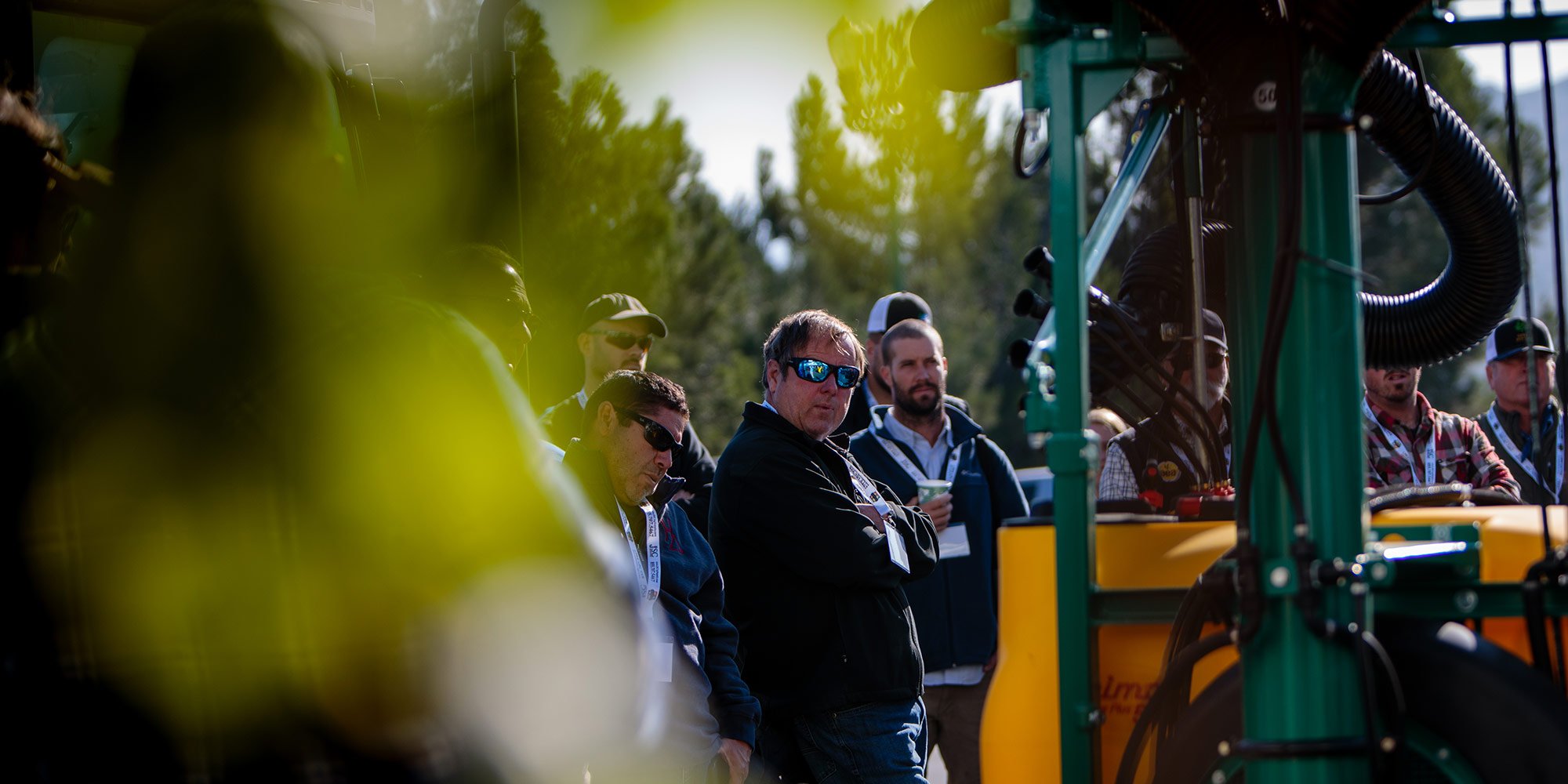
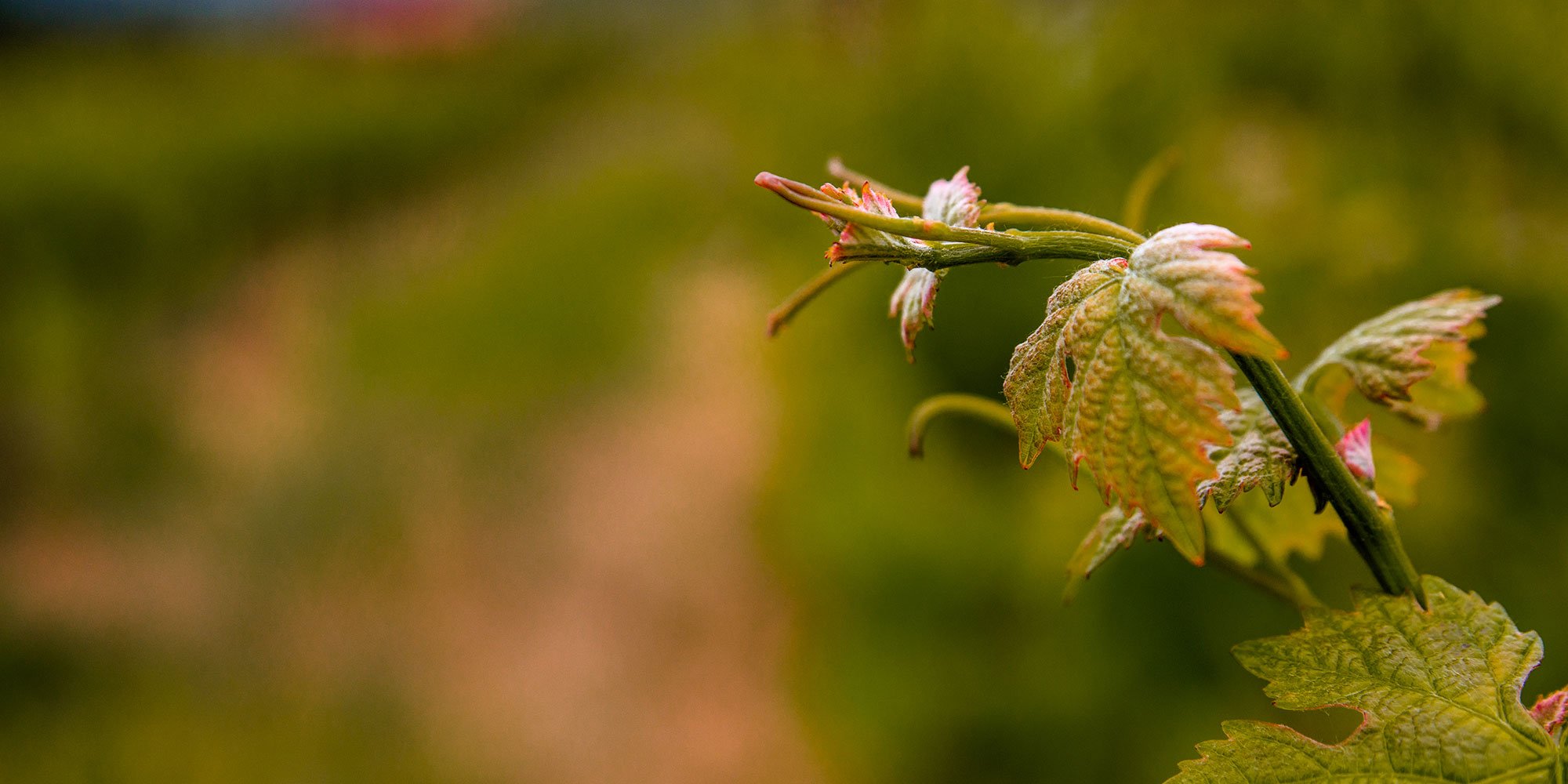
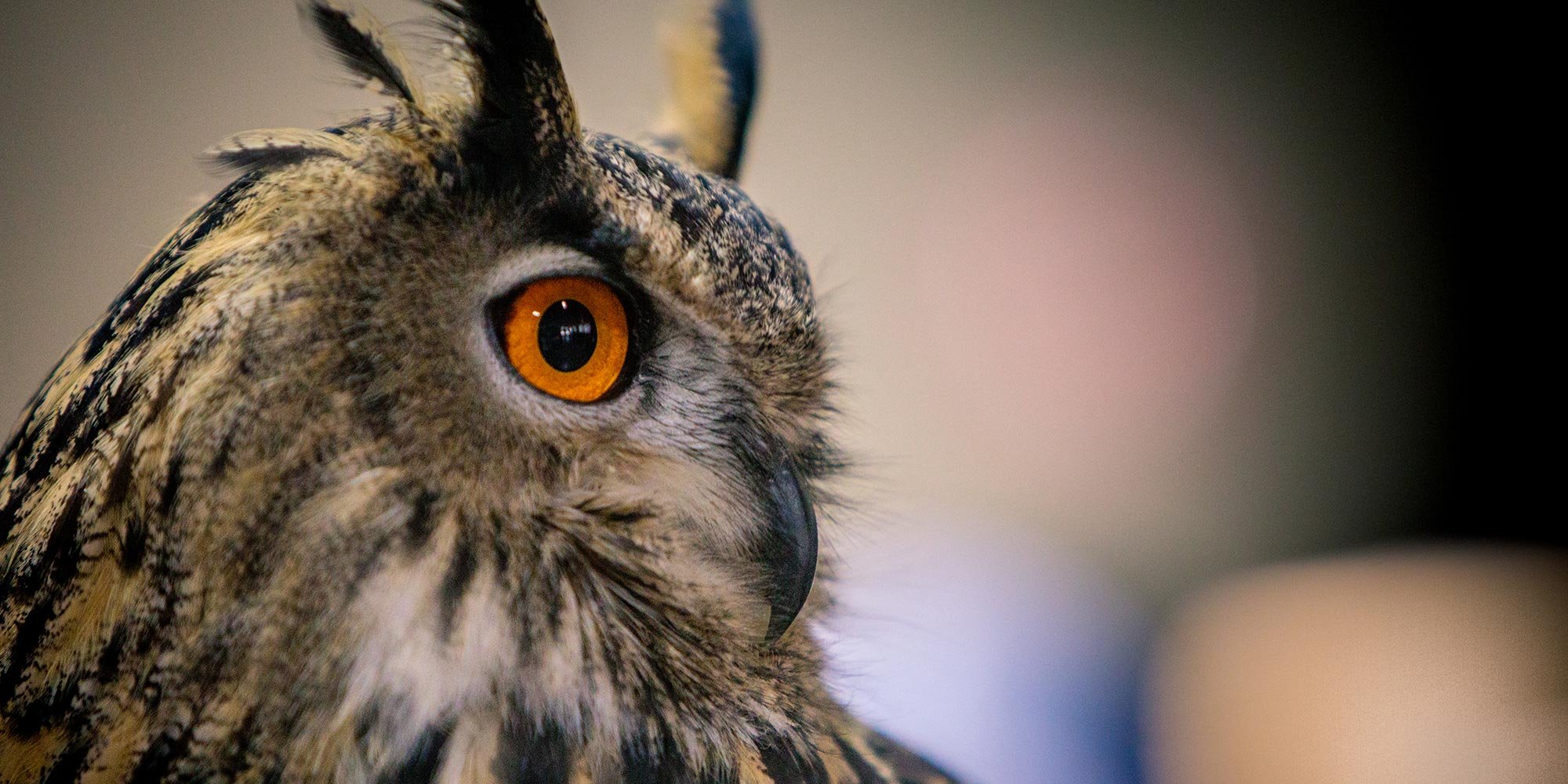

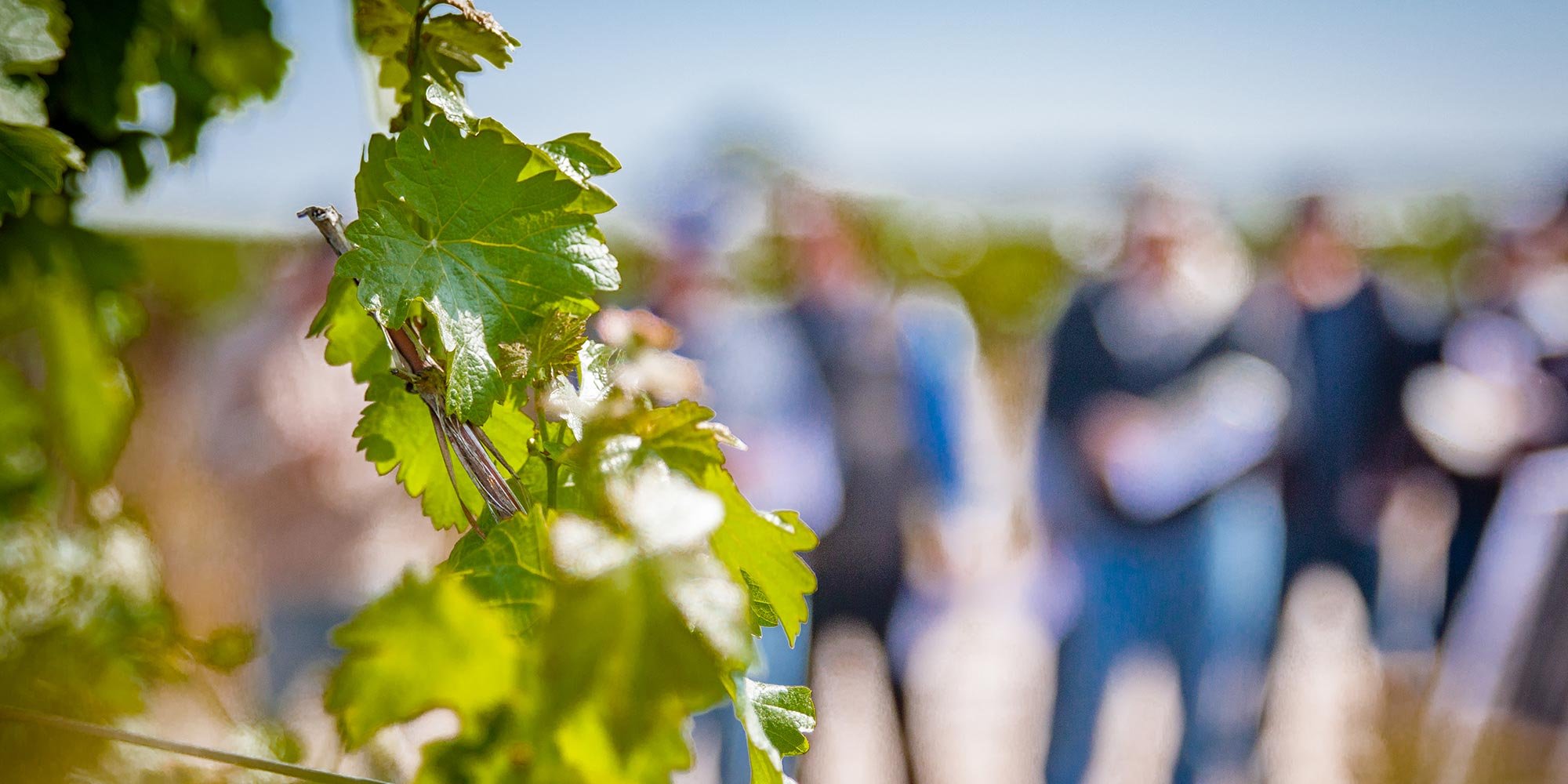
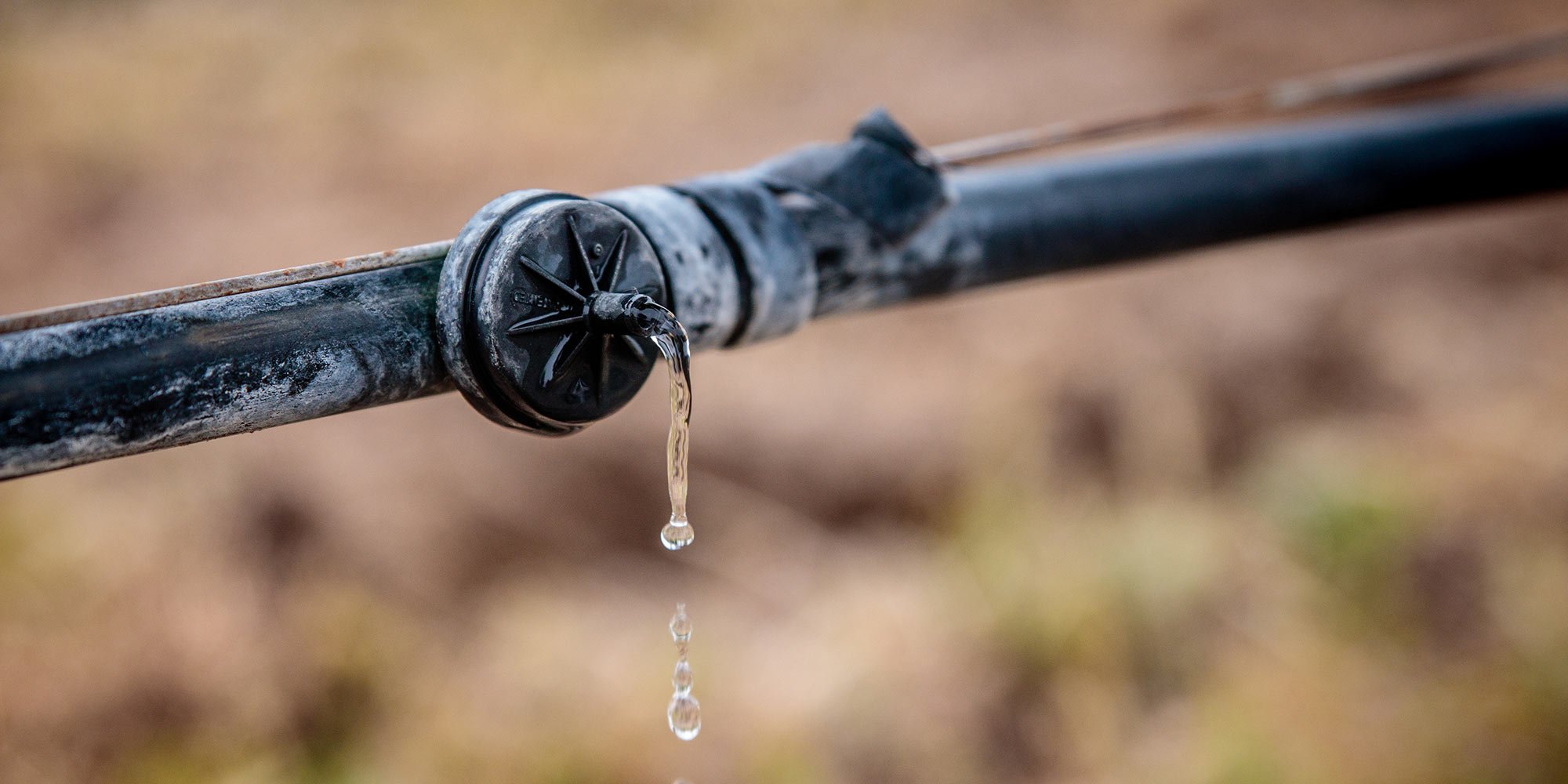

Casual, in-person educational field demonstrations and discussions. Join the conversation and learn how to adopt sustainable farming practices.
PodcastListen to interviews covering the latest science and research with the world's top experts and experienced growers.
Online CoursesLearn the latest science-based practices on demand. Many courses offer DPR and CCA Continuing Education (CE) hours.
Resource LibraryResearch articles, presentations, videos, and handouts.
Being a Vineyard Team Member gives you access to the latest science-based practices, experts, growers, and wine industry tools through both in-field and online education so you can grow your business.
Multi-year, higher education investments in the children of California's vineyard and winery workers.
A multi-day educational conference bringing the latest scientific and technical information to growers, PCAs, and ag professionals.
Sustainable certification for vineyards, wineries, and wines. Show your dedication to sustainability by getting SIP Certified.
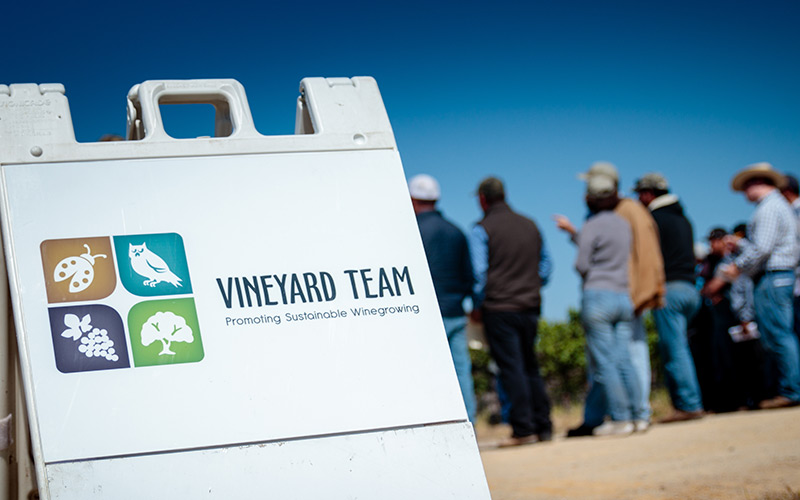
Arising from a small grower group’s desire to educate and guide themselves towards sustainable winegrowing practices, Vineyard Team has become an internationally recognized leader in the sustainability movement.
Since 1994, the 501(c)-3 non-profit has served its membership of farmers, winemakers, and industry partners by creating an educational network with the leadership of its staff and board of directors to help growers save resources and money, all while cultivating valuable relationships.
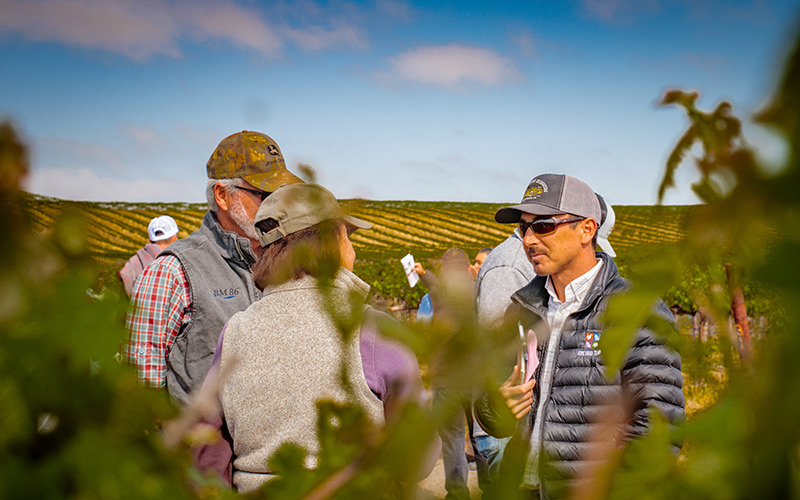
Vineyard Team will identify and promote the most environmentally safe, viticulturally and economically sustainable farming methods while maintaining or improving the quality and flavor of wine grapes.
The Team will be a model for wine grape growers and will promote the public trust of stewardship for natural resources.
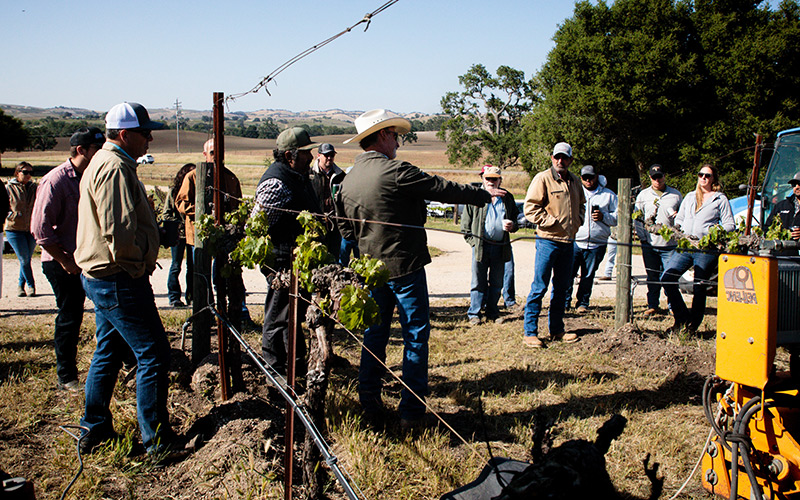
Demonstration projects help growers learn about new management techniques, successfully adopt new practices, and minimize risk.
Staff, technical advisors (University of California Cooperative Extension/university professors), and growers collaborate to implement specific practices and share the results with the winegrowing community.
Click here to read more about the Demonstration Projects Vineyard Team has been involved with.
Vineyard Team is dedicated to providing you with the latest sustainable farming practices through field demonstrations, expert presentations, research, and grower-to-grower networking.
Since 1994, we have partnered with hundreds of growers to promote sustainable winegrowing.
- Sign up for our Newsletter so you never miss what's happening in the world of sustainable winegrowing -
Join Here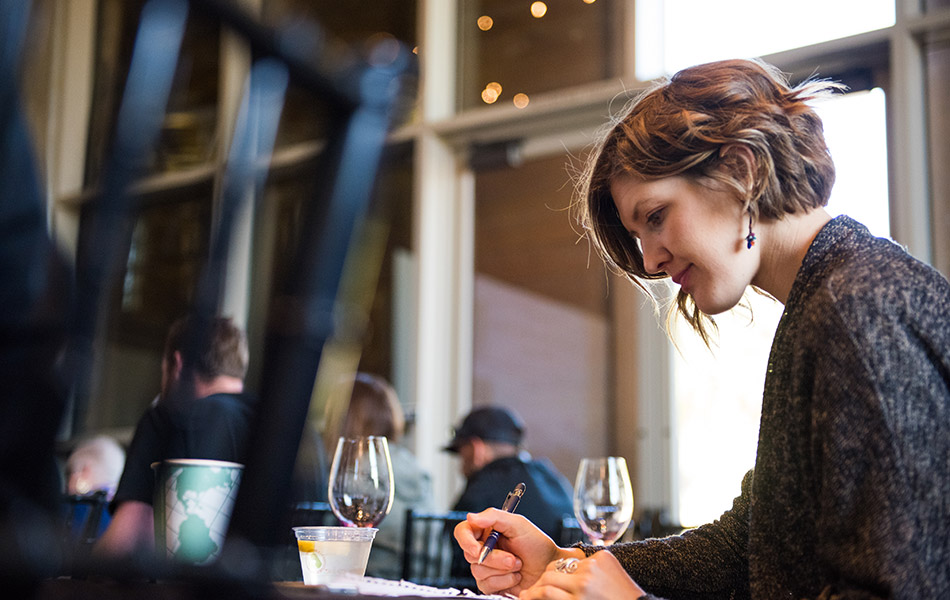
Root systems act like the plant’s stomach, shaping interactions with soil microbes. Suzanne Fleishman (Penn State) explores how cover crops impact grapevine roots, vine balance, and the rhizosphere microbiome; offering insights that could lead to site-specific sustainability tools for growers.
Lasers may offer a chemical-free way to deter bird pests in vineyards. George Gallagher (Cal Poly SLO) shares results from a controlled handheld-laser study, explains why bird pressure goes beyond crop loss to disease risk, and highlights the importance of animal safety and species-specific vision in pest deterrence.
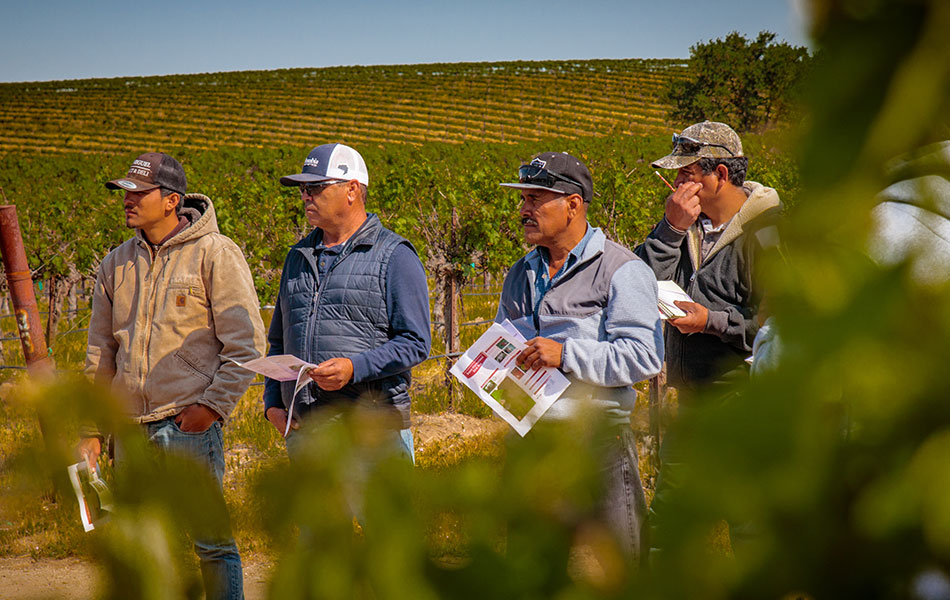
Here are some resources relevant to the event topic(s): Ag Order 4.0 Update
Resources from our 6/27 Tailgate: Supporting Vineyard Biodiversity with Native Plants & Pollinators